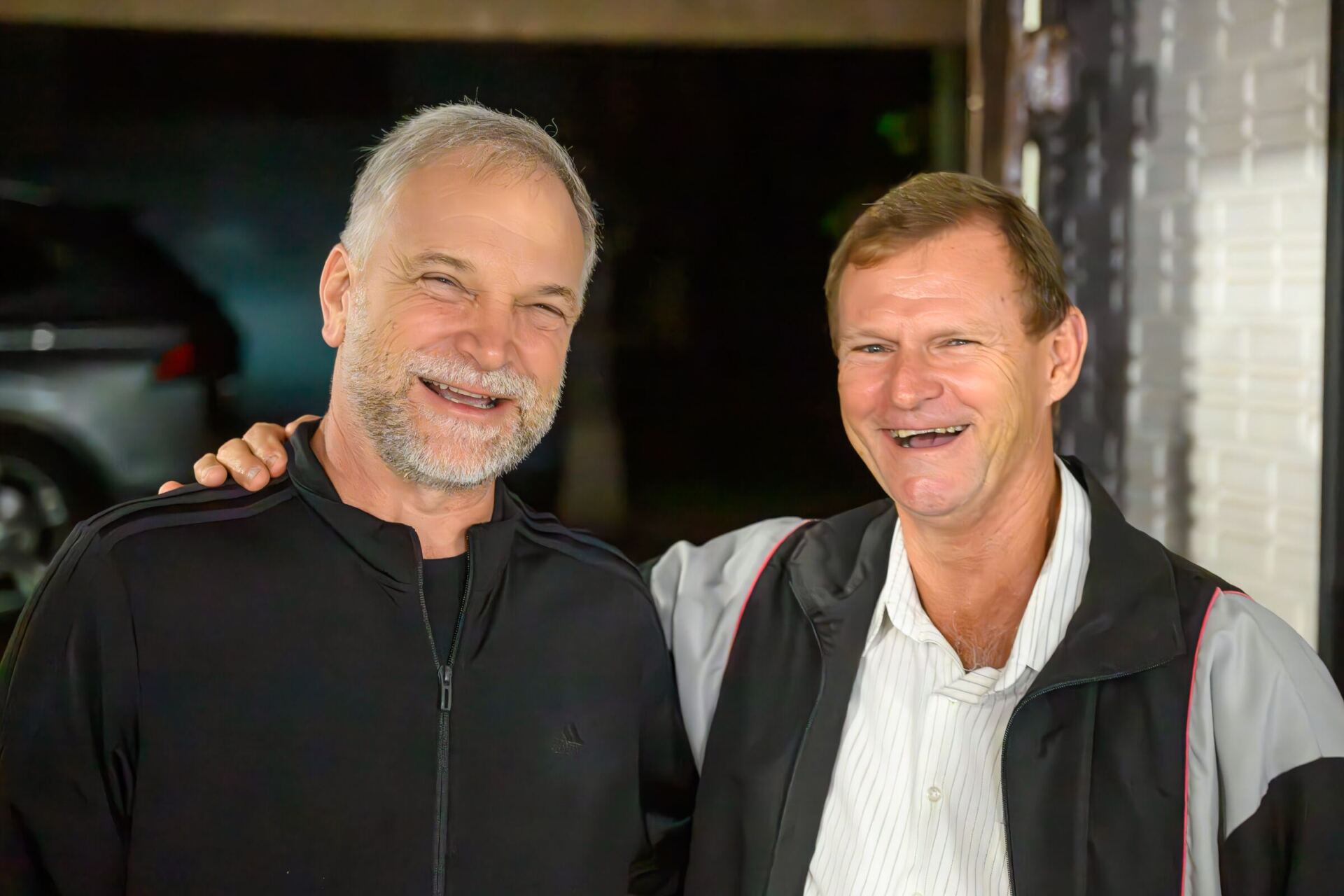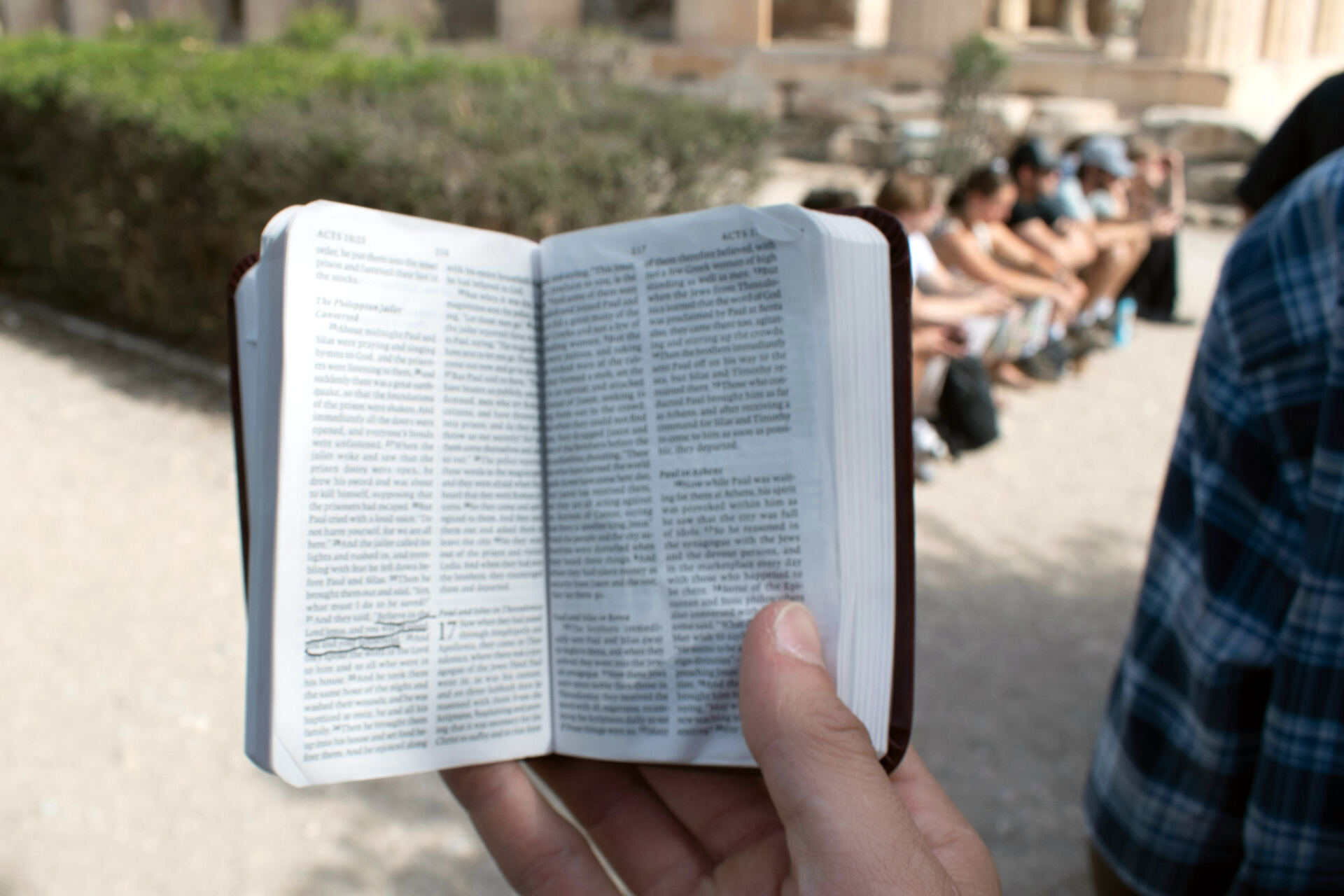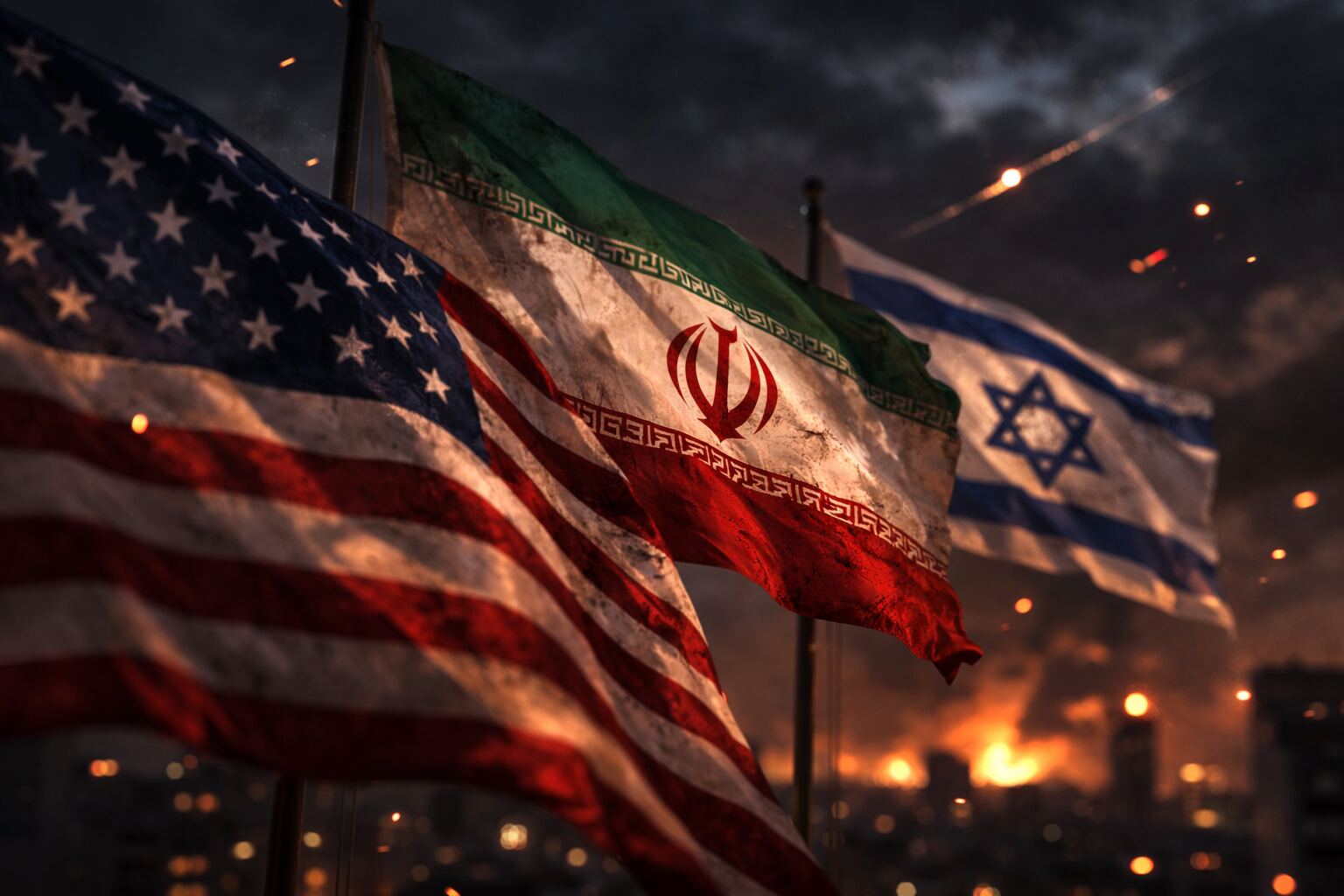He once went calling upon a new member of his congregation at the man’s place of work. When the pastor extended his hand in greeting, the man apologetically replied, “I can’t shake hands with you, Reverend. My hands are too grimy.”
With that the Pastor Wood bent down and rubbed his hands in the coal dust at his feet and then offered his blackened hand to the worker, asking, “How about it now?”
In that simple act of identification, he illustrated an important principle for missionaries and those who serve and enable missionaries in the name of Jesus. The principle is incarnational ministry.
When “The Word became flesh and made his dwelling among us,” he relinquished his status, his rights, and the use of his privileges as the divine Son of God. Status and status symbols are important to us in the materialistic Western world. Jesus gave up status in the incarnation.
He renounced independence. He lived in others’ homes, relied upon financial support from others, he borrowed a boat, a donkey, an upper room, and he was buried in a borrowed tomb. In the same way, his missionaries learn to rely upon the support of others.
Jesus also forsook immunity. In his identification with humanity he was not immune from temptation, sadness, exhaustion, pain and even death. So too, our missionaries expose themselves to dangers, diseases, strange climates, unfamiliar customs, and loneliness.
Yet our Lord retained his identity. He remained forever the eternal Son of God and Son of Man.
For even the Son of Man did not come to be served but to give his life as a ransom for many (Mark 10:45).
Consider these three important marks of Jesus’ incarnation:
1. Identification
Sometimes Mark refers to Jesus as the Son of God, but the title Jesus used most often was “Son of Man.” It appears fourteen times in Mark’s gospel. Why would Jesus use this enigmatic title to refer to himself? His hearers knew why. He was declaring himself to be the Messiah who was prophesied by Daniel. In Daniel 7:13-14, a divine figure called “the Son of Man” receives a kingdom “that will never be destroyed.”
Our Lord referred to this when he was interrogated by the Jewish leaders at his trial. When they asked him if he was the Messiah he replied, “You will see the Son of Man sitting at the right hand of the Mighty One and coming on the clouds of heaven” (Mark 14:61-62).
The Lord Jesus applied Daniel’s prophecy, without hesitation, to himself. The Son of Man will receive reverence belonging only to God. He will receive a kingdom, and all nations, peoples, and languages will worship him, according to the Bible.
When he came to earth, he retained his divine identity.
The Son of Man has power on earth to forgive sins (Mark 2:10). The Son of Man is Lord of the sabbath (Mark 2:27). The Son of man will come in the clouds with power and great glory (Mark13:26).
But there is a parallel truth. When he came to earth, our Lord was fully human. The title Son of Man was also a Hebrew idiom for humanity. In Numbers 23:19 we read:
God is not a man that he should lie, nor a son of man that he should change his mind. Does he speak and then not act? Does he promise and not fulfill?
Of the 107 times the phrase is seen in the Old Testament, 93 of them are in Ezekiel, where the prophet uses the term of himself or of fellow humans. So, when Jesus applies the title Son of Man to himself, he was identifying with humanity. He is the Son of Man, the representative man, the ideal human being. He identified with our situation in every way, except for sin.
The Lausanne Committee wrote persuasively about the missionary implications of incarnation.
The extent to which we identify ourselves with the people to whom we go is a matter of controversy. Certainly, it must include mastering their language, immersing ourselves in their culture, learning to think as they think, feel as they feel, do as they do…Christ’s evangelists must humbly seek to empty themselves of all but their personal authenticity. The Incarnation teaches identification without loss of identity (The Willowbank Report, 1978).
2. Servanthood
In the context of Mark 10:45, Jesus had been telling his disciples about his coming death and resurrection. Instead of showing any interest or asking questions about these momentous announcements, the disciples were more interested in the power and prestige they associated with the kingdom. Jesus contrasted their appetite for honor, security, and earthly power with his humble servanthood. “For even the Son of Man did not come to be served but to serve.” Jesus was both the Messianic Son of Man and the Suffering Servant of Isaiah 53. He calls his disciples to follow him in humble service, not in ostentatious displays of power.
D.L. Moody once said that the measure of a man is not how many servants he has, but how many people he serves. The word “serve” Jesus used for himself and his disciples, was the common word for a household slave. How many of Jesus’ 21st-century disciples see themselves this way?
Someone has said the test of whether a Christian has the attitude of a servant is how he reacts when he is treated like one!
A gifted and privileged man from India, Shriman Narayan, went to England to obtain his education. He completed a doctorate from the London School of Economics, after which he spent time in the ashram of the Mahatma Ghandi. He was there to receive guidance from Ghandi for his future work.
The rule of the ashram was that every person was to help with the daily maintenance of the community. He was given the assignment of cleaning toilets. He protested to Ghandi, declaring that such a menial task was beneath him as a high-caste Brahman! Narayan complained, “I hold a doctorate…I am capable of doing great things. Why do you waste my time and talents on cleaning toilets?”
Ghandi’s answer should make us all think. “I know of your capacity to do great things, but I have yet to discover your capacity to do little things. So, if you wish to seek my guidance and blessings, you will have to observe all the rules of the ashram.”
That is exactly what our Lord Jesus was teaching his disciples.
Whoever wants to be great among you must be your servant, and whoever wants to be first must be slave of all (Mark 10:43-44).
Then verse 45 says, “The Son of Man did not come to be served but to serve.” Dietrich Bonhoeffer wrote in Life Together that “The church is herself only when she exists for humanity…not lording it over (others), but helping and serving them.” He said it is a ministry of helping, bearing burdens, listening, meekness, of holding one’s tongue, and also speaking the truth when it is needed. It is the church’s calling to serve as our Lord and Master served.
3. Death
Just as the incarnation of the Lord Jesus involved giving his life, so he says that we who follow him must take up our crosses daily and identify with him in his death, that we might live with him and in him.
We sing and speak of giving our lives for Jesus: “Take my life and let it be consecrated Lord to Thee.” I confess that too often I sing songs like that rather glibly, without enough deep thought.
I wonder if I would sign on if I knew in advance that my future, and that of my family, included persecution, privation, or even martyrdom. Adoniram Judson asked his sweet Ann Hasseltine to marry him and join him in missionary work. “Give your hand to me, and go with me to the jungles of Asia, and there die with me in the cause of Christ.”
Would I apply to ABWE as a missionary if I knew that my wife and child would be killed as our missionary Roni Bowers and little Charity were in 2001? They died when their missionary flight was shot out of the sky in 2001—a drug interdiction gone wrong.
What a tragedy, we say! But isn’t that what we and every one of our missionaries sign on for when we say yes to the Great Commission?
We always carry around in our body the death of Jesus, so that the life of Jesus may be revealed in our body. For we who are alive are always being given over to death for Jesus’ sake, so that his life may also be revealed in our mortal body (2 Corinthians 4:10-11).
We experience the death and the life of Jesus simultaneously. Mortality, affliction, sharing in his sufferings, are viewed as expected and customary aspects of the missionary calling. But Paul assures us that at the same time we draw on the life of Jesus in us, the vitality of his resurrection. So, he says, “Dying, yet we live on” (2 Corinthians 6:9).
It is not surprising then, that we are called to die to the world, to die to sin, and die to self, along with the real possibility of dying physically.
Back in the 1980s, I invited Dr. Joseph Tson, the Baptist leader from Romania, to speak for our mission festival at Calvary Baptist Church, Covington, Ky. He told the story of the sufferings of the church under the cruel Communist dictatorship of Nicolae Ceaucescu. He said prior to the advent of Communism, church leaders had failed to prepare the people for persecution and martyrdom. He felt that this was now an important part of his mission, to prepare the church around the world to suffer for Jesus.
He understood that suffering and even death are ingredients of Christian discipleship. He reminded us that Jesus’ followers are rescued from the fear of death, which is one of Satan’s instruments to keep people in bondage (Hebrews 2:14-15). Once when Dr. Tson was arrested by the authorities, they threatened to kill him. He responded: “Sir, your supreme weapon is killing. My supreme weapon is dying.”
So here then, is a statement of our Lord’s incarnational ministry. It is for missionaries and for people like us who serve missionaries. It models identification without the loss of identity: “The Son of Man came.” It involves servanthood: “The Son of Man did not come to be served but to serve.” It includes death: “For even the Son of Man did not come to be served but to serve and to give his life as a ransom for many.”
What does this have to do with us? Jesus said, “Peace be with you! As the Father has sent me, I am sending you” (John 20:21).
Father, your word says that “in this world we are to be like Jesus.” Give us grace and courage to embrace the incarnation of Christ in us, identifying with the people around us without the loss of our Christian identity. Give us the grace of servanthood. Give us courage to take up the cross and follow Jesus, “faithful unto death,” and “crucified with Christ” so that Christ may live in us “in the power of his resurrection.”
We ask for your blessing on the work we do today.
In his name, Amen.





